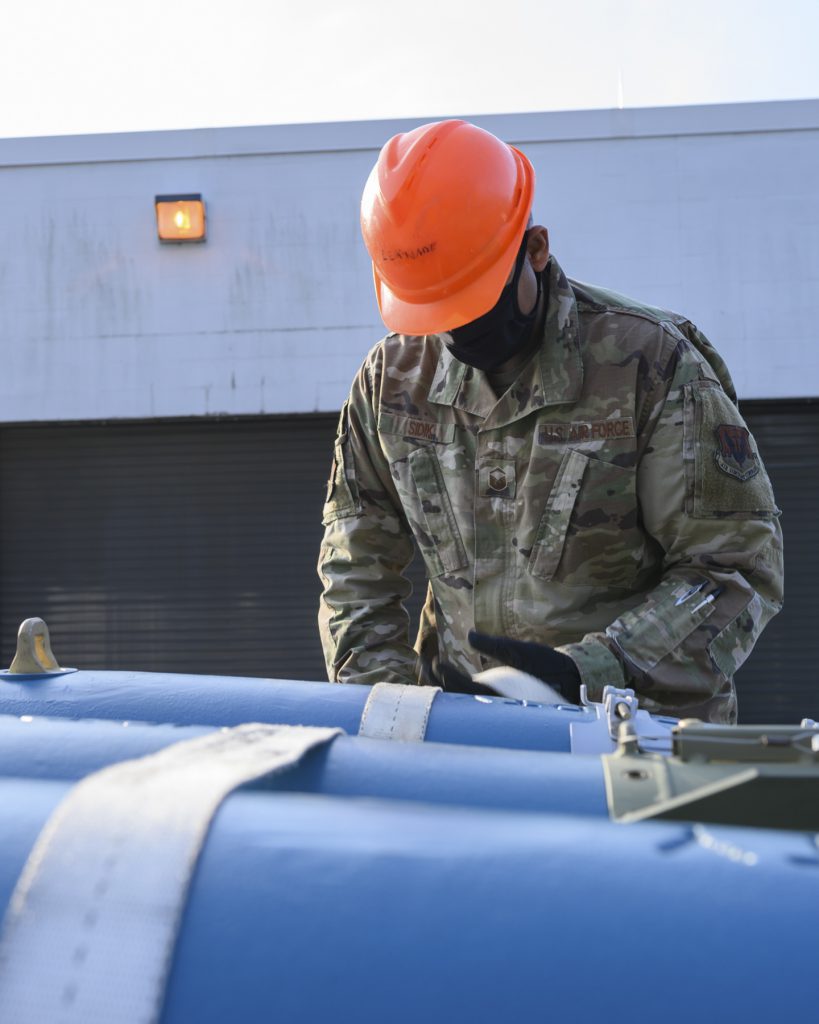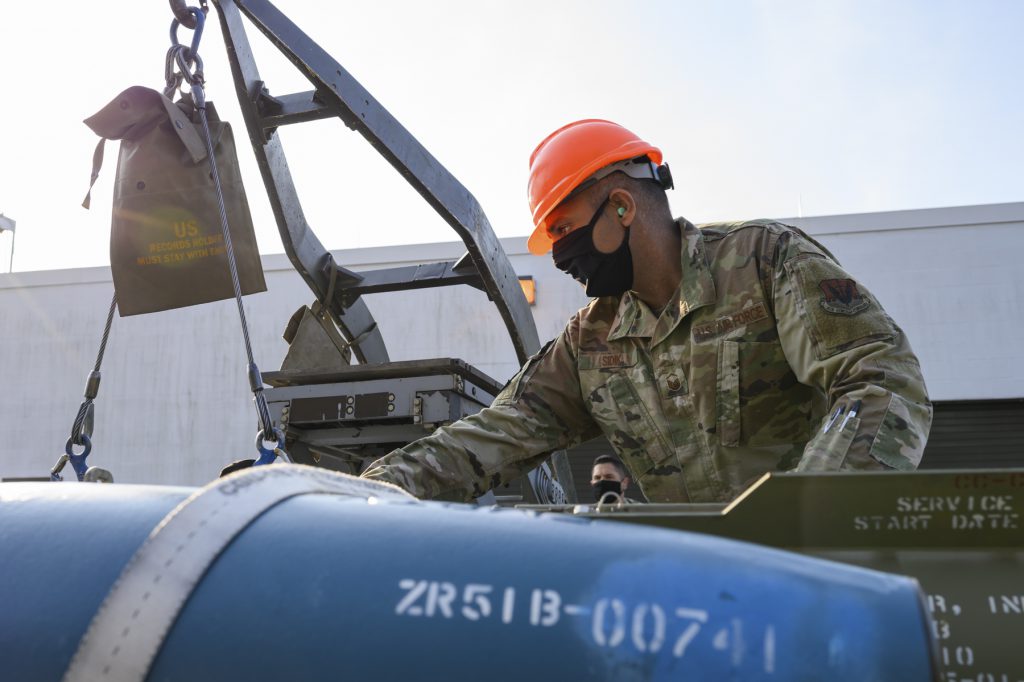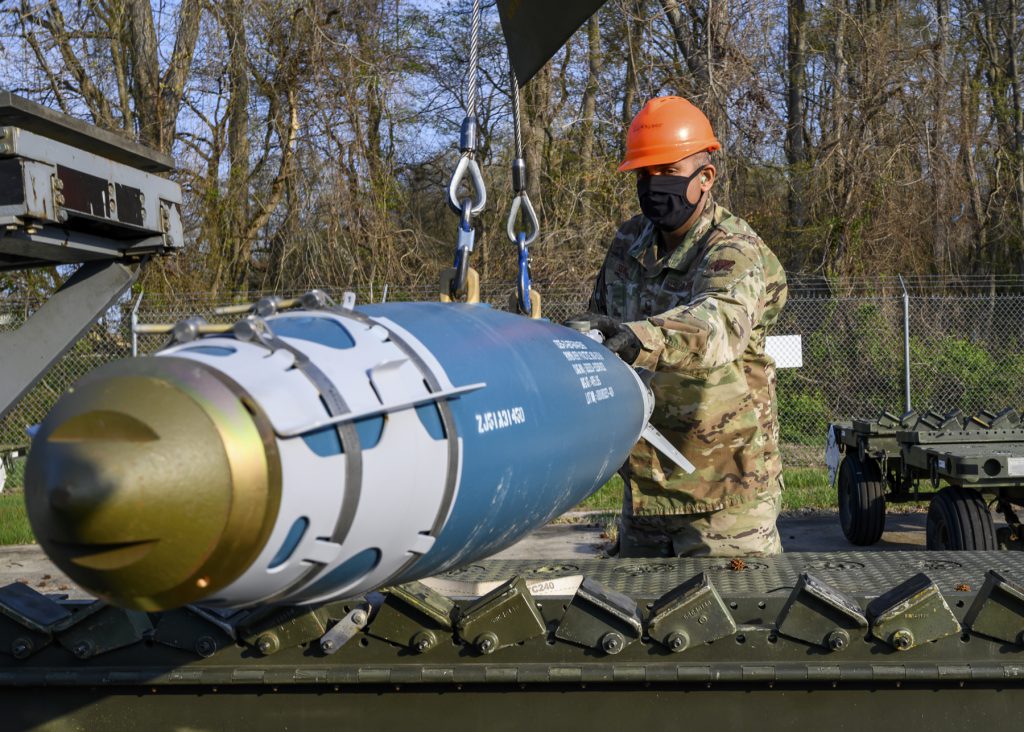Behind the Uniform: Master Sgt. Razak A. Sidik
By Staff Sgt. Sarah M. McClanahan, Maryland National Guard Public Affairs Office
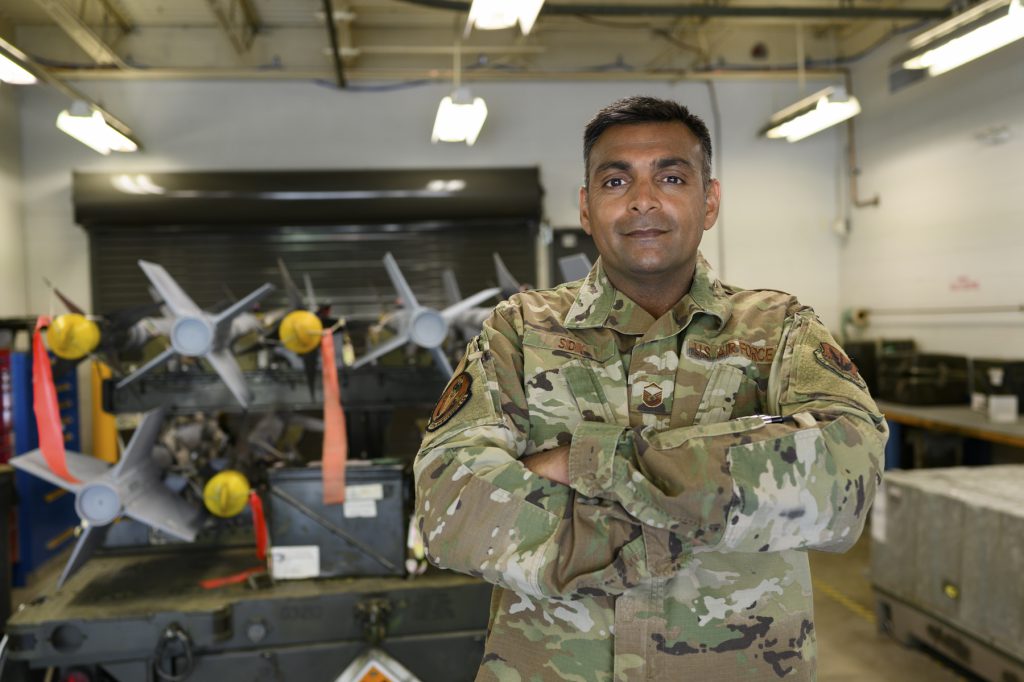
U.S. Air Force Master Sgt. Razak A. Sidik’s parents lived in Uganda, Africa, and in 1972 they were forced to flee to the United States as a result of Ugandan dictator Idi Amin’s a mass expulsion of Asians and Indians. Their admittance into the United States helped them evade the rise in violence towards these ethnic groups and inspired Sidik to enlist in the Maryland Air National Guard.
“If it wasn’t for America, my parents would have never made it out,” said Sidik, who is a munitions production supervisor for the 175th Maintenance Squadron, 175th Wing. “I felt since America gave my family a second chance, I’d give America a chance and that’s why I enlisted.”
Sidik explains that he wears his uniform proudly because of everything the United States has done for his family. However, he can’t help but note the dwindling number of people who continue to wear the uniform and sees this as, in part, due to biases formed by an older way of thinking. This inspired Sidik to become a core member of the MDANG’s new Wing Diversity Council where he hopes to facilitate the changes needed to promote a more inclusive environment for the 175th Wing’s Airmen.
“Biases are formed from a clique perspective which originates from an old way of thinking,” explains Sidik. “I wholeheartedly feel if we focus on our core values, we can become a stronger unit not only in numbers but morally.”
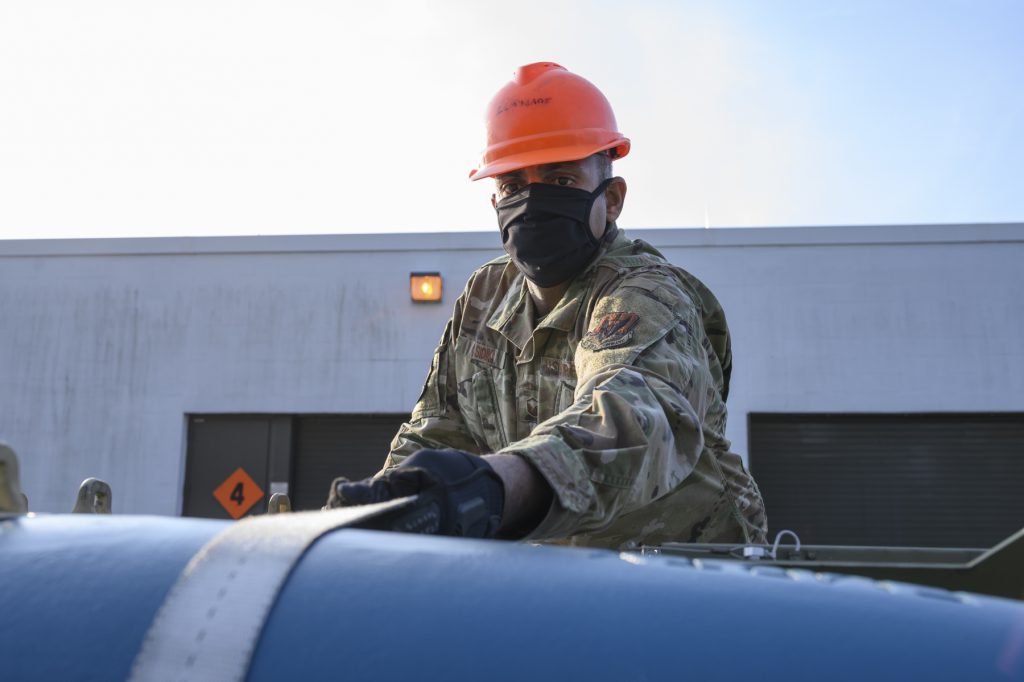
Sidik explains diversity as the condition of having or being composed of differing elements and involves the inclusion of people of different races or cultures within a group or organization. He also added that working towards greater diversity will alleviate harmful biases and allow Airmen to celebrate what they bring to the force.
“Diversity allows for more ideas and processes, increases creativity from various cultures and backgrounds, and creates an atmosphere where employees feel comfortable being unique,” said Sidik.
Sidik worked to create an environment that celebrates diversity by sharing his culturally different experiences, with others during his 2012 deployment. Sidik, who is Muslim, spent six months deployed to Afghanistan throughout Ramadan, a month where Muslims fast, spiritually reflect, and worship.
“I went to the mosque every single day,” said Sidik. “I broke bread with everybody [including] the local nationals. Then when the religious holiday, Eid Al Fitr, came around after [Ramadan] I went to the mosque and we had a big dinner. The hospitality, the culture, it’s completely different. Sitting in a [dining facility] eating and then actually sitting on a muddy floor on a sheet, eating out of a big plate together, it’s a big cultural difference, and I enjoyed that.”
Sidik explains that cultural appreciation can also be accomplished through small, impactful changes to the way we act and think. It all boils down to simply being considerate of how our actions and words affect people.
“You may not understand it, you may not think it, but you can say something that can offend somebody or hurt somebody in a critical way that could change their life,” said Sidik. “Be nice, that’s all you have to do. If you’re asking for respect, give respect. That’s the biggest thing. If you do that, then life will be easier and then your environment will be a better place to work. Respect is a big thing and don’t just talk about it, be about it.”

